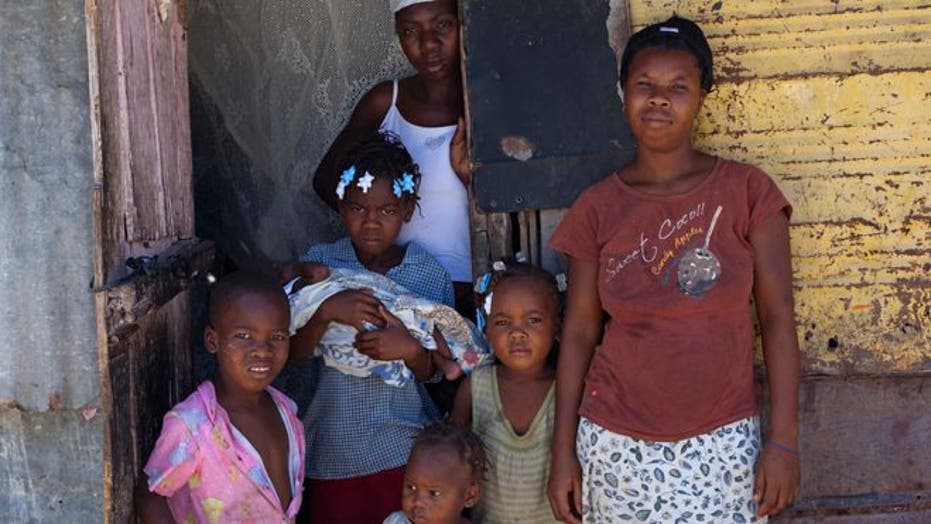PORT-AU-PRINCE, Haiti (AP) – The United Nations is asking the Dominican Republic to quickly reinstate the nationality of individuals affected by a recent court decision that could revoke the citizenship of tens of thousands of people.
The U.N. High Commissioner for Refugees said Thursday that international legal standards require Dominican authorities to restore automatically the nationality of individuals affected by the ruling. People affected also need a simple way to obtain identity documents.
The Dominican Republic launched a plan on Saturday that gives those affected – most of whom are of Haitian descent – by the ruling 18 months to request Dominican citizenship, starting in June 2014.
In September, the Constitutional Court ruled that being born in the country does not automatically grant citizenship, and it directed officials to purge voter rolls of non-citizens, including people born to non-legal residents going back to 1929. Advocates say 200,000 people could be stripped of citizenship, along with the documents they need to work or attend school. The government's initial count came to about 24,000 people who would be affected.
The ruling, based on the new, 2010 constitution, is a reflection of deep hostility to the vast number of Haitians who have come to the D.R., many of them who were originally brought in to work in the sugar industry, as well as their descendants.
"Deportations have been fairly steady since 2007. Using the court ruling as a justification is new," said Tobias Metzner, a Haiti-based counter-trafficking program manager for the International Organization for Migration. "The legal context has changed."
Cesar Piña Toribio, a legal adviser to President Danilo Medina, made a lengthy defense of the government position at the Organization of American States in Washington, D.C., in October, arguing that the country seeks only to gain control over its citizenship rolls and will establish a path to permanent legal residency.
But no details of that path have been provided, and the law is already having consequences.
There are accounts of people who have been reported to immigration authorities after squabbling with neighbors and deported, and of workers abruptly getting thrown out of the country at a time when their employers were having financial difficulties, Metzner said.
Migrants reported having paid bribes to soldiers to avoid getting picked up or, in cases when they couldn't come up with enough cash, being detained, said Colette LesPiñasse, director of the Support Group for Repatriates and Refugees, known by its French acronym, GARR.
There are widespread reports that authorities are deporting or seizing the residency documents of people on the basis of them having darker skin or French names that might signal Haitian ancestry.
Based on reporting by The Associated Press.
Follow us on twitter.com/foxnewslatino
Like us at facebook.com/foxnewslatino





